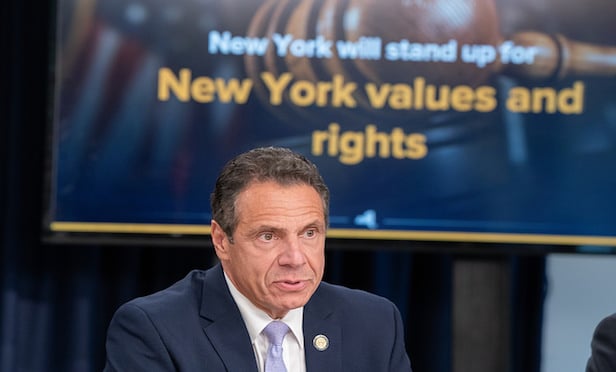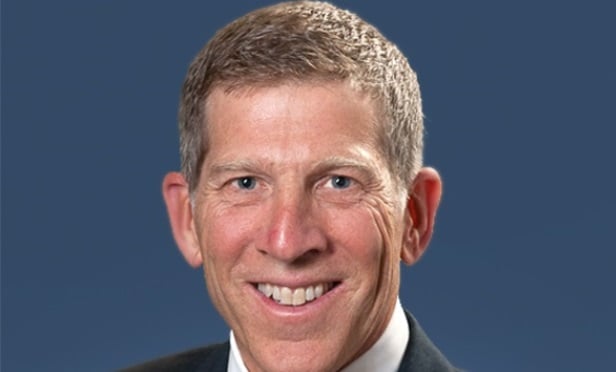ANN ARBOR, MI—The historically low interest rates have caused the pace of HUD financings to accelerate in Michigan, and two multifamily properties run by McKinley Inc., are just the latest to lock-in those interest rates for years to come. McKinley, and the Detroit office of Berkadia Commercial Mortgage, led by Ernie Katai, the senior vice president and regional manager, just closed an $18 million 223 (f) HUD financing with an all-in rate of 3.5% for Evergreen Pointe Apts., a 477-unit community in Pittsfield Township, and a $11.2 million 223 (f) with the same rate for Woods of Roundtree Apts., a 228-unit community in Ypsilanti Township.
McKinley uses Berkadia as their preferred lender for HUD executions and the two have recently originated and closed over $200 million in HUD financings for McKinley communities across the Midwest and in Florida. Headquartered in Ann Arbor, home of the University of Michigan, McKinley has a big presence in other major university towns like Champaign, Illinois and Gainesville, Florida, as well as many small cities, such as Norfolk, Virginia, that also depend on large but stable employers. McKinley currently owns and manages more than 34,000 apartments and roughly 21-million-square-feet of commercial space in 25 states.
“The clientele of these projects is a good mix of local university students, singles and small families,” says Colin M. Callaghan, senior vice president at Berkadia who also worked on the deals. “The projects are not "affordable" in the technical sense, but they do provide an excellent value proposition for residents in an extremely tight housing market.”
“Both Ernie Katai and Colin Callaghan have been extraordinary partners for us,” says Kenneth P. Polsinelli, chief real estate officer for McKinley. “They have built an internal HUD team within Berkadia for McKinley allowing us to move quickly and take advantage of this very favorable interest rate and financing environment.”
“The long-term nature of HUD debt provides our clients with the peace of mind that comes with knowing they have locked these historically low rates in for a 35-year term,” Callaghan adds. “I would anticipate continued demand for HUD-insured debt for the foreseeable future, particularly with the large volume of CMBS and agency debt maturing over the next several years.”
Want to continue reading?
Become a Free ALM Digital Reader.
Once you are an ALM Digital Member, you’ll receive:
- Breaking commercial real estate news and analysis, on-site and via our newsletters and custom alerts
- Educational webcasts, white papers, and ebooks from industry thought leaders
- Critical coverage of the property casualty insurance and financial advisory markets on our other ALM sites, PropertyCasualty360 and ThinkAdvisor
Already have an account? Sign In Now
*May exclude premium content© 2025 ALM Global, LLC, All Rights Reserved. Request academic re-use from www.copyright.com. All other uses, submit a request to [email protected]. For more information visit Asset & Logo Licensing.








